
Study authors found that knowing a patient’s minimal residual disease status can help pinpoint the right multiple myeloma therapy to improve overall and progression-free survival.
Mary Caffrey is the Executive Editor for The American Journal of Managed Care® (AJMC®). She joined AJMC® in 2013 and is the primary staff editor for Evidence-Based Oncology, the multistakeholder publication that reaches 22,000+ oncology providers, policy makers and formulary decision makers. She is also part of the team that oversees speaker recruitment and panel preparations for AJMC®'s premier annual oncology meeting, Patient-Centered Oncology Care®. For more than a decade, Mary has covered ASCO, ASH, ACC and other leading scientific meetings for AJMC readers.
Mary has a BA in communications and philosophy from Loyola University New Orleans. You can connect with Mary on LinkedIn.

Study authors found that knowing a patient’s minimal residual disease status can help pinpoint the right multiple myeloma therapy to improve overall and progression-free survival.
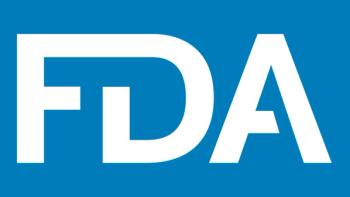
The sodium glucose co-transporter 2 (SGLT2) inhibitor reduced cardiovascular death and hospitalization for heart failure by 21% in results presented August 27 during the recent European Society of Cardiology Congress.

The chief of medical oncology and hematology at Bryn Mawr Hospital and associate principal investigator for Main Line Health's NCI Community Oncology Research Program discusses therapeutic advances along with ongoing challenges in enrolling patients with small cell lung cancer (SCLC) in clinical trials.

Gaucher disease is a rare metabolic condition that causes a fatty substance to build up in the organs and bones. Patients can suffer liver enlargement, anemia, and reduced platelets; they experience fatigue, bone infarctions, and permanent disability or death.

A simple intervention to get people to use salt substitute and cut their stroke risk—along with other cardiovascular events—has implications for developing countries with diets high in salt that have high rates of chronic disease.

In a paper being presented during ESC Congress 2021, authors from the University of Copenhagen use a registry to mimic 2 well-known trials, finding explanations for some, but not all, of the gap in risk reduction between them.
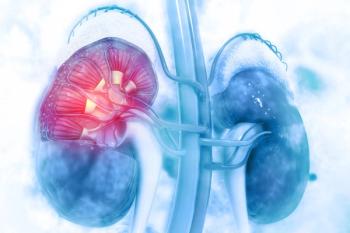
A new study unveiled on day 2 of ESC Congress 2021 showed finerenone, a nonsteroidal mineralocorticoid receptor antagonist, offers benefits to patients with mild to moderate CKD and type 2 diabetes.
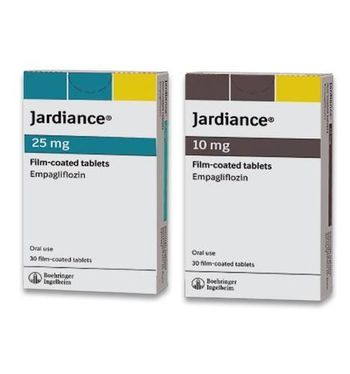
EMPEROR-Preserved represents the first trial to show unequivocal benefits of any drug on major heart failure outcomes in patients with heart failure and preserved ejection fraction, the lead investigator said.
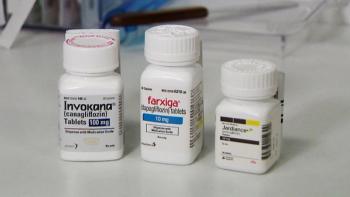
The 5-year update could help solidify the role of sodium glucose co-transporter 2 (SGLT2) inhibitors in treating heart failure, years after the first evidence of their effectiveness emerged.

The lack of approved treatments for heart failure with preserved ejection fraction has represented a significant unmet need for a condition that affects 50% of patients with heart failure, including large subgroups, such as older women.

Apar Kishor Ganti, MD, chair of the National Comprehensive Cancer Network Guidelines panel in small cell lung cancer, explains the thinking behind several new recommendations.

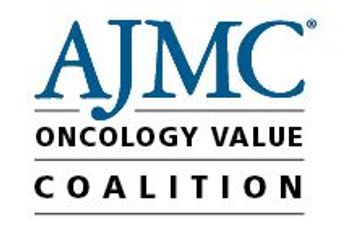


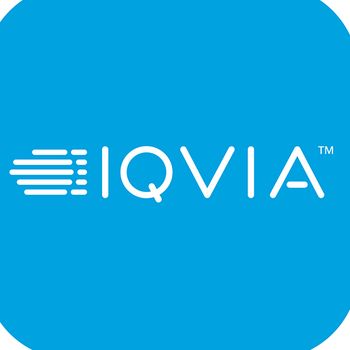





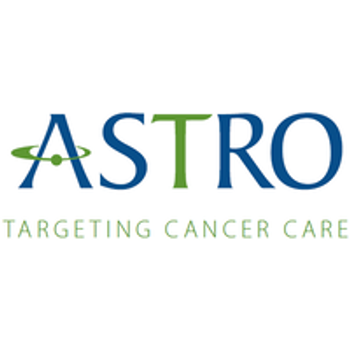
Due to unprecedented disruption and missed screenings during the pandemic, efforts to implement a 5-year performance period under the Radiation Oncology Model were extended twice.
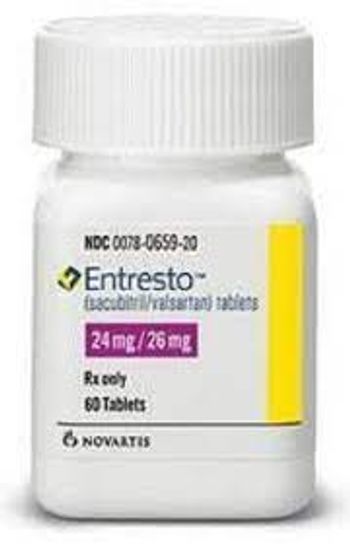
When the sympathetic nervous system is unregulated, it can lead to high blood pressure and elevated heart rate.
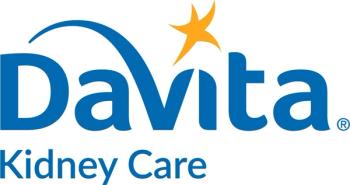
The dialysis company faces a $100M fine for each of 2 antitrust counts.

The new standards come as community oncology practices await word on the future of the oncology care model, which will expire in 2022.
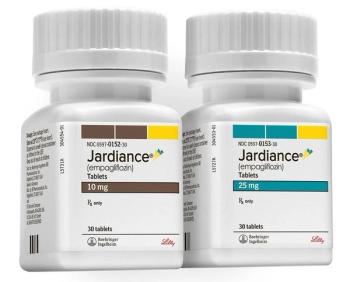
A statement from the makers of the SGLT2 inhibitor empagliflozin suggests the benefits in heart failure with preserved ejection fraction (HFpEF) are significant.
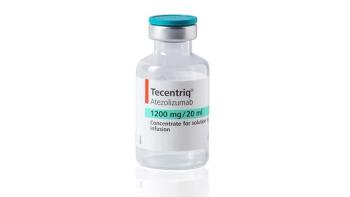
Data from IMpower 130, IMpower 132, and IMpower 150 confirm that combining atezolizumab with chemotherapy is the best first-line treatment in advanced NSCLC when anti-PD-L1 therapy is indicated.

Abstracts cover the cost of cancer-related diarrhea, 30-day readmission rates, and how perceptions of the likelihood of survival affect end-of-life care.
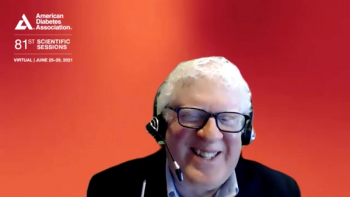
Robert A. Gabbay, MD, PhD, the chief science and medical officer at the American Diabetes Association (ADA), outlines why updates were made to the ADA’s Living Standards of Care.

Deepak L. Bhatt, MD, MPH, executive director of interventional cardiovascular programs at Brigham and Women’s Hospital Heart & Vascular Center and professor of medicine at Harvard Medical School, outlines the benefits of sotagliflozin for individuals with type 2 diabetes and chronic kidney disease or heart failure.

259 Prospect Plains Rd, Bldg H
Cranbury, NJ 08512
© 2025 MJH Life Sciences®
All rights reserved.
